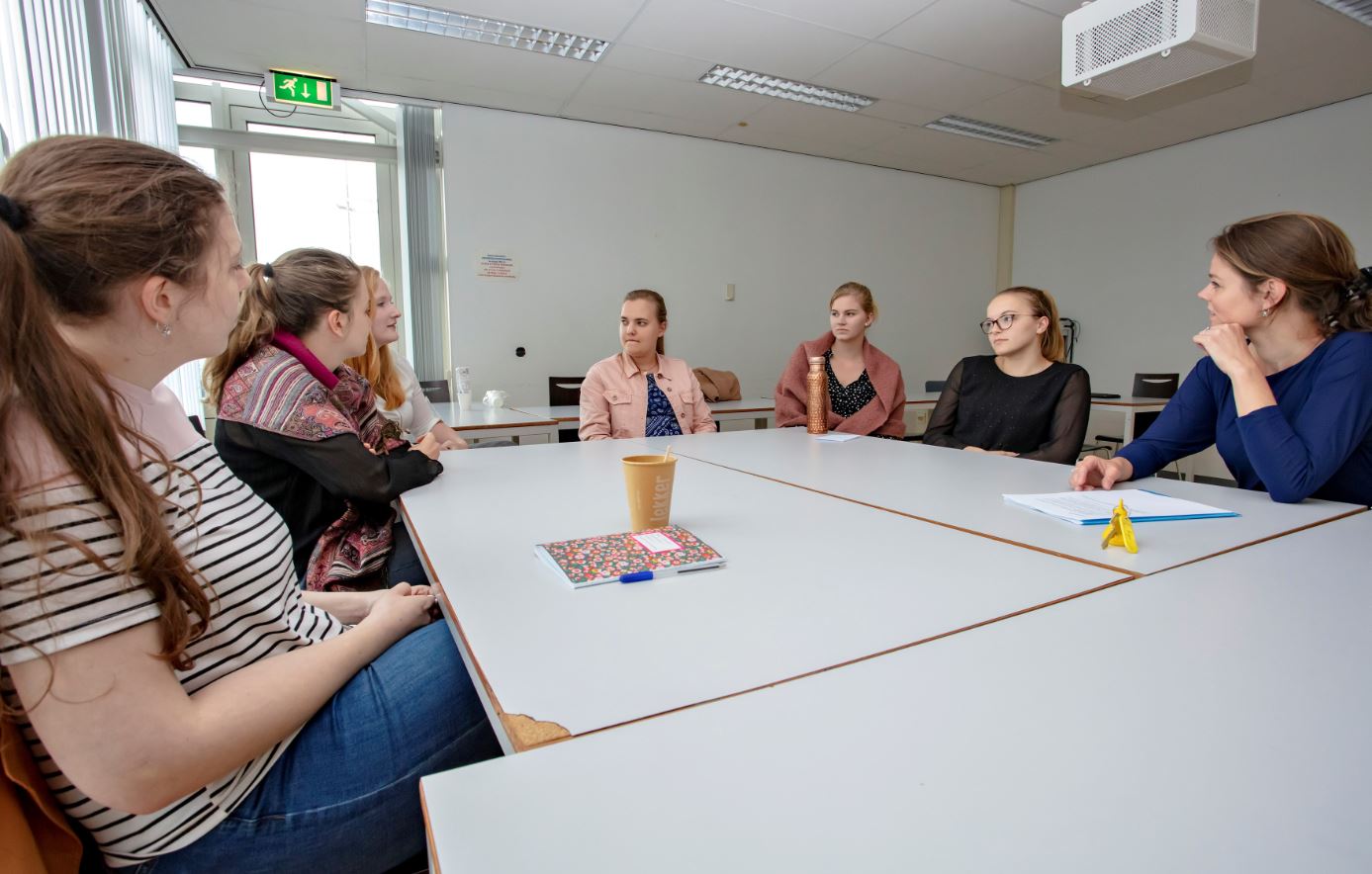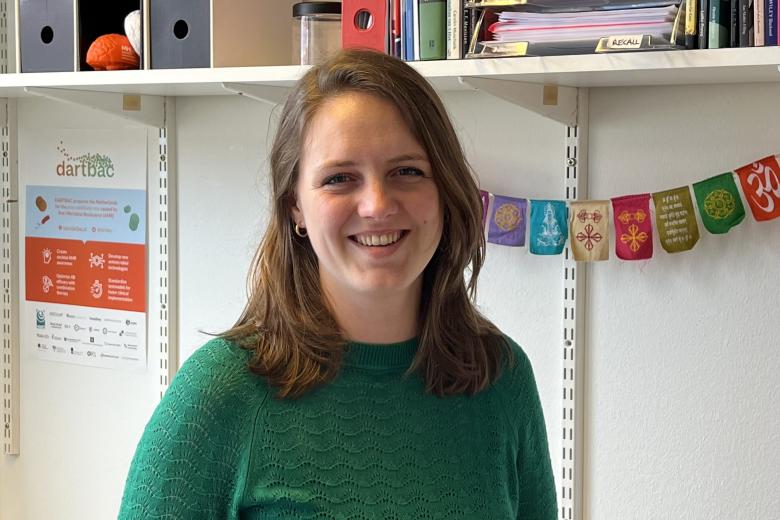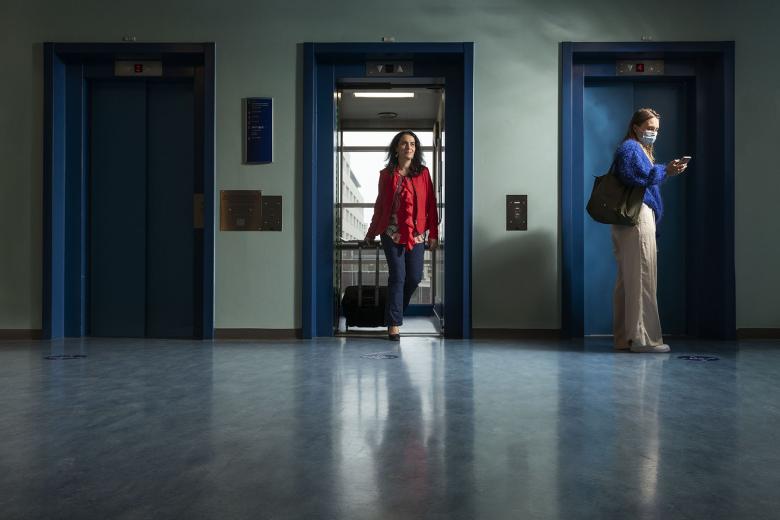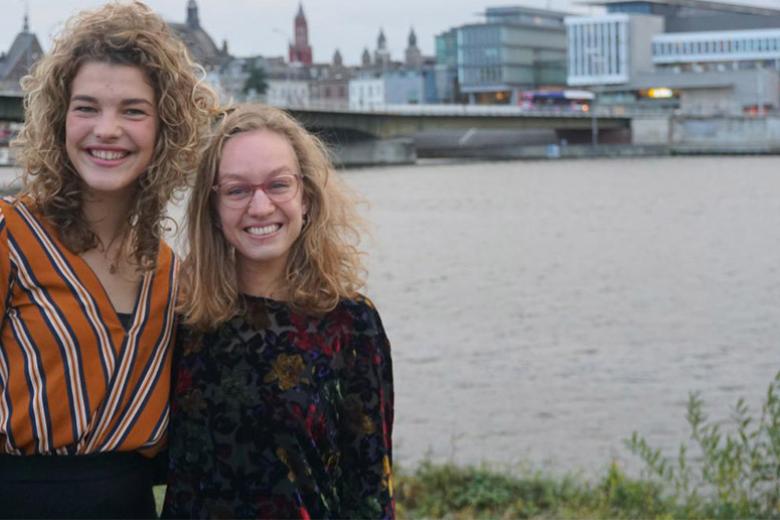More than talking tough at the coffee machine
After three years mainly theory and skillslab practicals, then finally on the job during the master’s in Medicine. A great, but also intensive and challenging time. Medical interns record their experiences in a portfolio and discuss their progress with a mentor. Since this academic year, they also have reflective meetings with other interns about the hierarchy, responsibilities and uncertainties, the long days, the setbacks and successes. Under the supervision of a coach, no judgement, no hierarchy. Peer coaching, in other words – also known as ‘intervision’.
Skillslab coaches Anke Smeenk, Ingrid Caubergh and Valerie van den Eertwegh came up with a new idea: intervision meetings in the master’s in Medicine. The initiative was launched in October 2018 with 44 groups, each composed of around seven interns. The groups come together regularly to share and evaluate their experiences, under the supervision of a coach.
All internship rotations have made available two timeslots of 1.5 hours for the intervision meetings. The groups meet four times per year (12 times in total during the master’s programme).

Wanted: new coaches
One cohort of students has already started the intervision meetings: 44 groups in total, supervised by 15 coaches. When three cohorts are up and running the number of groups will increase to 120 or 130, which means more coaches will be needed. If you are interested and have prior experience with intervision or group supervision, please contact Anke Smeenk (anke.smeenk@maastrichtuniversity.nl).
Also read
-
Evidence-based health tips for students
In the upcoming months, the Faculty of Health, Medicine and Life Sciences will share tips on Instagram on how to live a healthier life. Not just a random collection, but tips based on actual research happening at our faculty. The brains behind this idea are Lieve Vonken and Gido Metz, PhD candidates at...
-
Healthcare for undocumented migrants
Together with her master’s students, Milena Pavlova is investigating the access to healthcare of undocumented migrants. Her findings give cause for concern: in many countries, this group has no or little access to healthcare.
-
